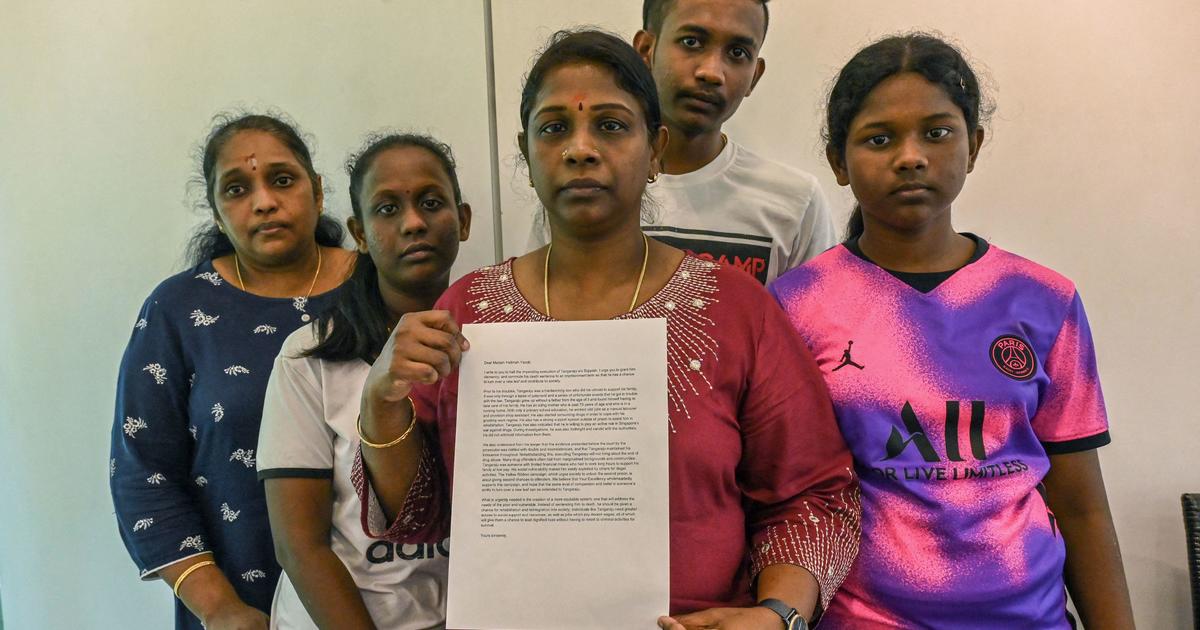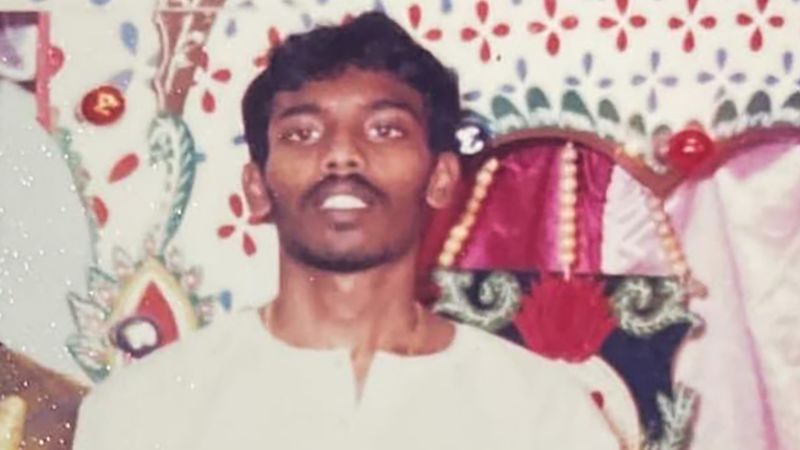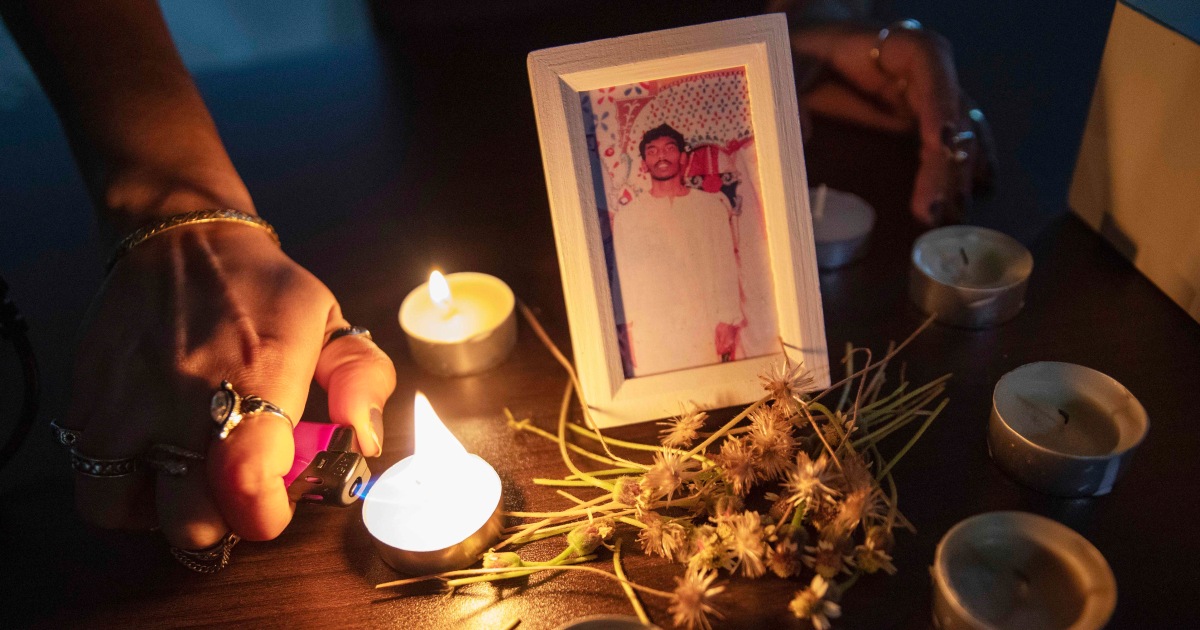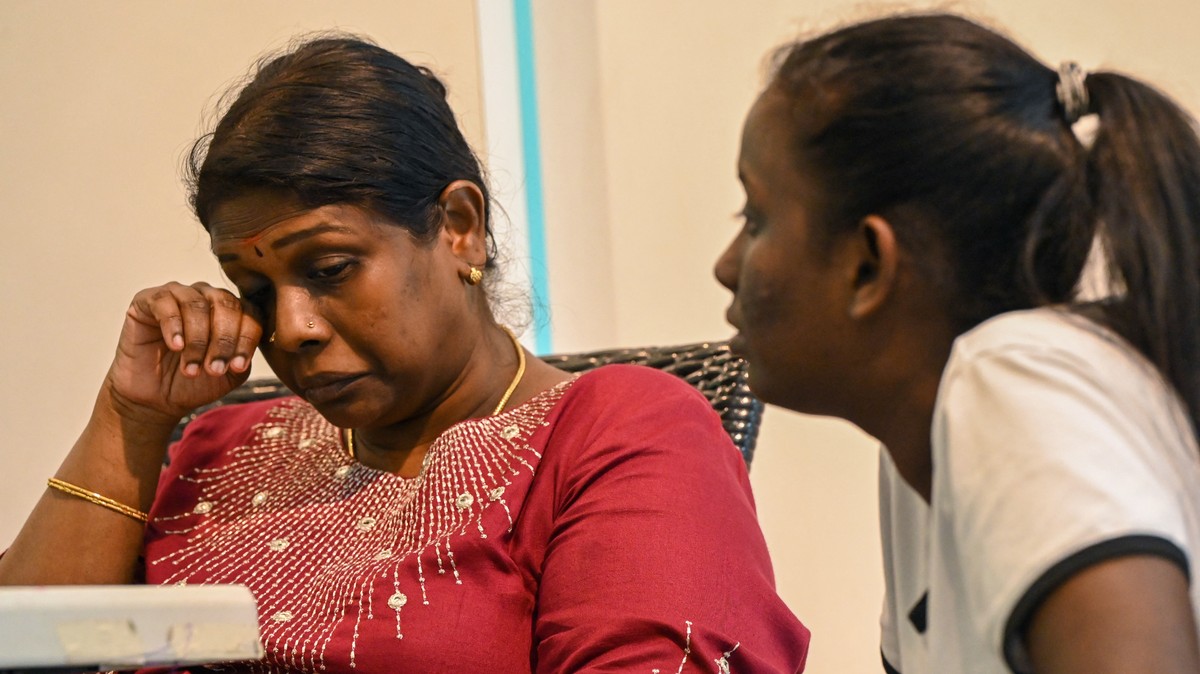The Spin
Narrative A
The death penalty violates international norms and breaches human rights — killing innocent people for allegedly smuggling cannabis is cruel and misguided. The so-called war on drugs disproportionately affects the most marginalized and minoritized in society. Meanwhile, there’s no evidence that the death penalty deters or reduces drug trafficking, which is why Singapore must review its drug policy and move away from capital punishment.
Narrative B
Singapore's zero-tolerance stance and strict narcotics laws have allowed the country to remain safe, secure, and relatively drug-free — which shows that capital punishment does work to deter drug traffickers. The death penalty is essential to Singapore's criminal justice system, and since it is an effective deterrent against drug-related crimes, the public widely supports it.









